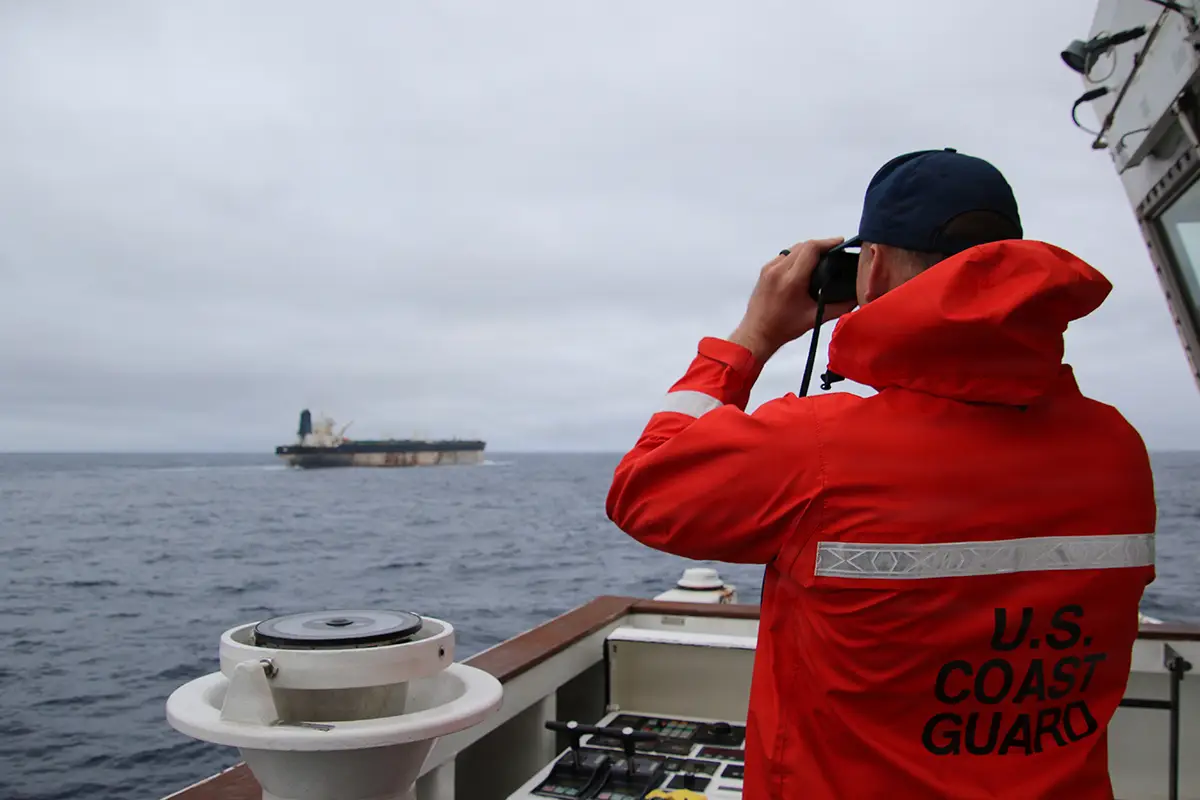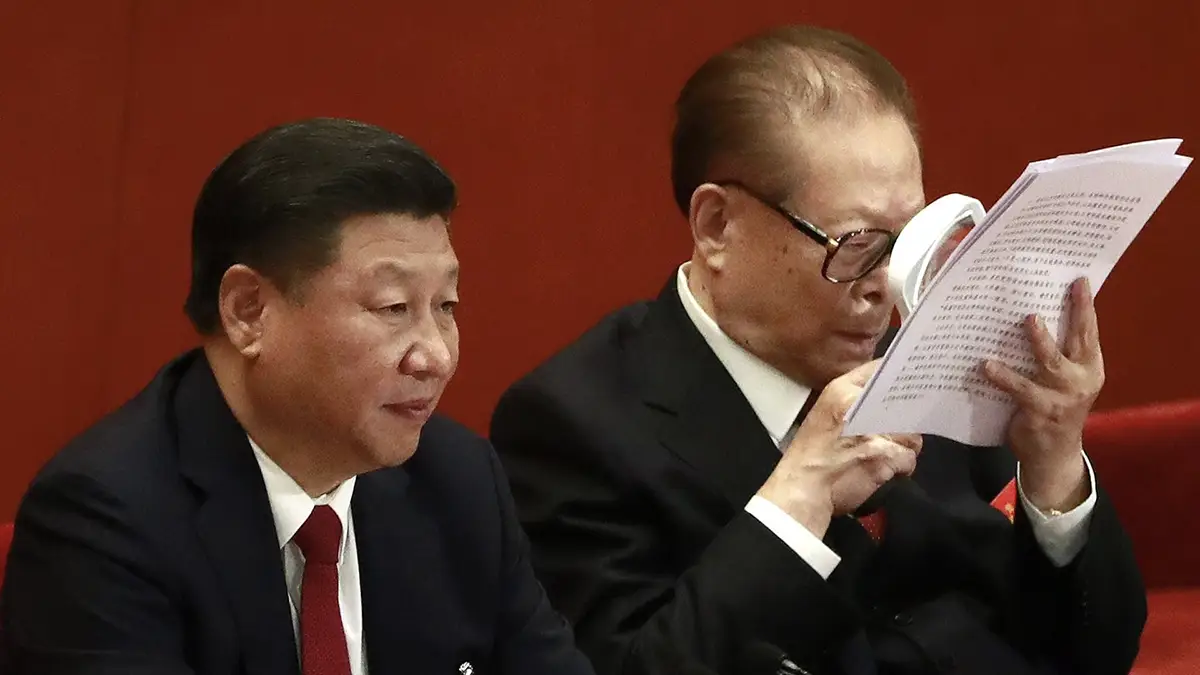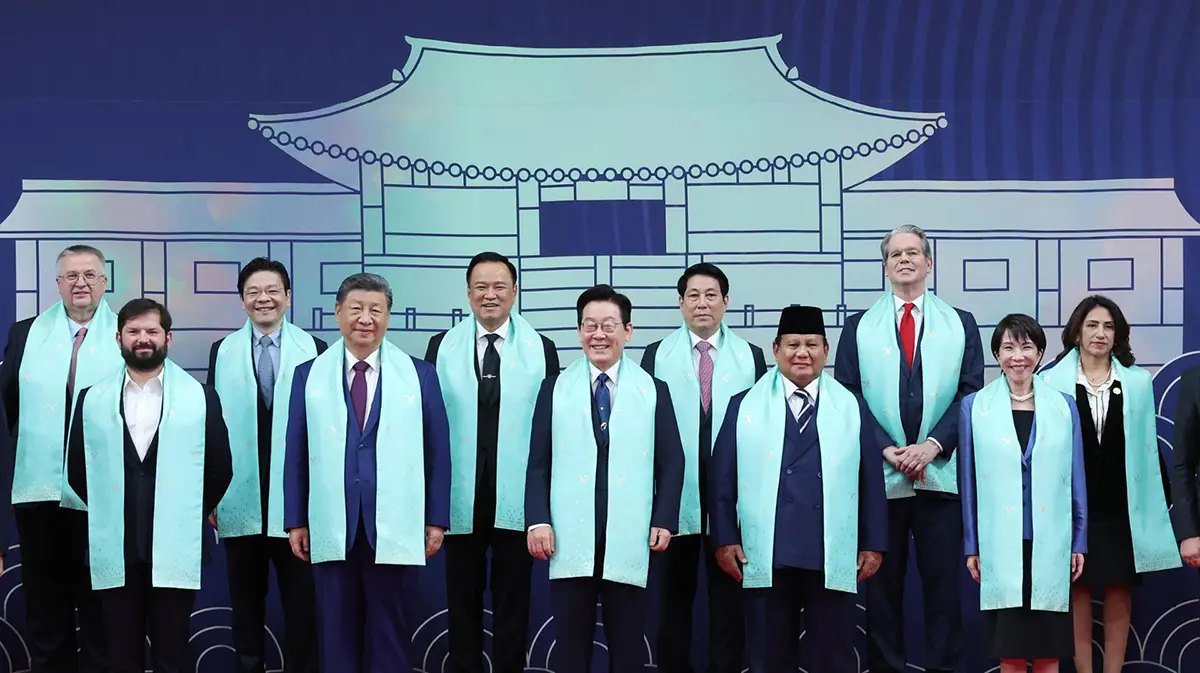The blanket dominance of great power competition as a guiding principle for U.S. foreign policy has emerged with breathtaking speed since the unveiling of the 2018 National Defense Strategy. With the rise of this singular view of U.S. security goals, there has been a marked shift in how the U.S. government prioritizes foreign policy interests, articulates strategy, and divvies up funding. This swing has led to a hasty — and at times clumsy — repositioning of policy, as supporters give a great power 'spin' to diverse security issues in an attempt to remain relevant (and funded).
Real changes in global international affairs foreshadowed this shift, such as the extension of Chinese military presence and cooling relations between the U.S. and Russia. But certain security issues should, and must, stand on their own in the competition to capture the attention of decision-makers. The current single-minded focus is reminiscent of the post-9/11 restructuring of national security priorities and the surge in counterterrorism-related programs. The pendulum has swung again, and great power competition has become the latest means of reframing issues that should actually be prioritized in their own right. The consequences of an overcorrection, such as significant cuts to the National Counterterrorism Center or federal preparedness for pandemics, could significantly threaten our national security at home and abroad.
Security issues in Africa often rise to the attention of U.S. policymakers only when there is a crisis that captures the attention of special interests. Washington also pays attention when captivated by a major global issue like counterterrorism or — today — great power competition. But policymakers tend apply such concerns to the continent in a wholesale manner. There is room, however, for significantly more nuanced conversations around African security issues. And while the lens of great power competition can enhance understanding for some areas, it can obscure in others.
The risk of reframing everything as great power competition is that it undermines significant gains and remaining challenges that have little or nothing to do with China or Russia. For Africa, this includes a campaign of terrorism in the Sahel, piracy and partner capacity building in the Gulf of Guinea, the uniquely severe impact of the climate crisis on Africa, and the rise of megacities. Last month, the U.S. AFRICOM Commander, General Stephen Townsend, testified before the House Armed Services Committee about the risks of ignoring these growing threats. He cautioned that decreasing the U.S. counterterrorism footprint on the continent could have significant consequences, given the growth of al-Qaeda and Islamic State alliances in West Africa and the regional threat of al-Shabaab in the east. These security issues, which do not fit neatly into the great powers narrative, are at risk of being neglected or abandoned, potentially leading to tragic outcomes across the continent.
Painting the entire continent with the brush of great power competition can also reinforce the idea that Washington fails to see African nations and individual leaders as unique actors and equal partners. U.S. policymakers have long been accused of this kind of bias, treating Africa as a monolith and acting with limited understanding of the diverse security issues across its 54 countries. Grand narratives — and unsophisticated responses to them — can expose and reinforce these biases. For instance, publicly admonishing African partners for working with Chinese companies under unfavorable terms lends credence to the idea that Africa is yanked about in a tug of war between great powers. Though claims of exploitation by China are sometimes true, they unveil a bias in which the U.S. publicly extols a policy of partnership and mutual interests, while privately insisting that African nations toe the line. Further, it demonstrates an assumption that African leaders are blind victims of China’s ambitions rather than actors who are themselves assessing how they will gain from the "new scramble."
With consideration, planning and nuance, The United States can be smarter about how it articulates and applies the great power competition lens in Africa. Washington can use this pendulum swing as an opportunity to develop new relationships and priorities in emergent areas of strategic importance. But at the same time, the U.S. can avoid losing focus on those areas where great power competition does not play significant role, but great issues of national security do.



